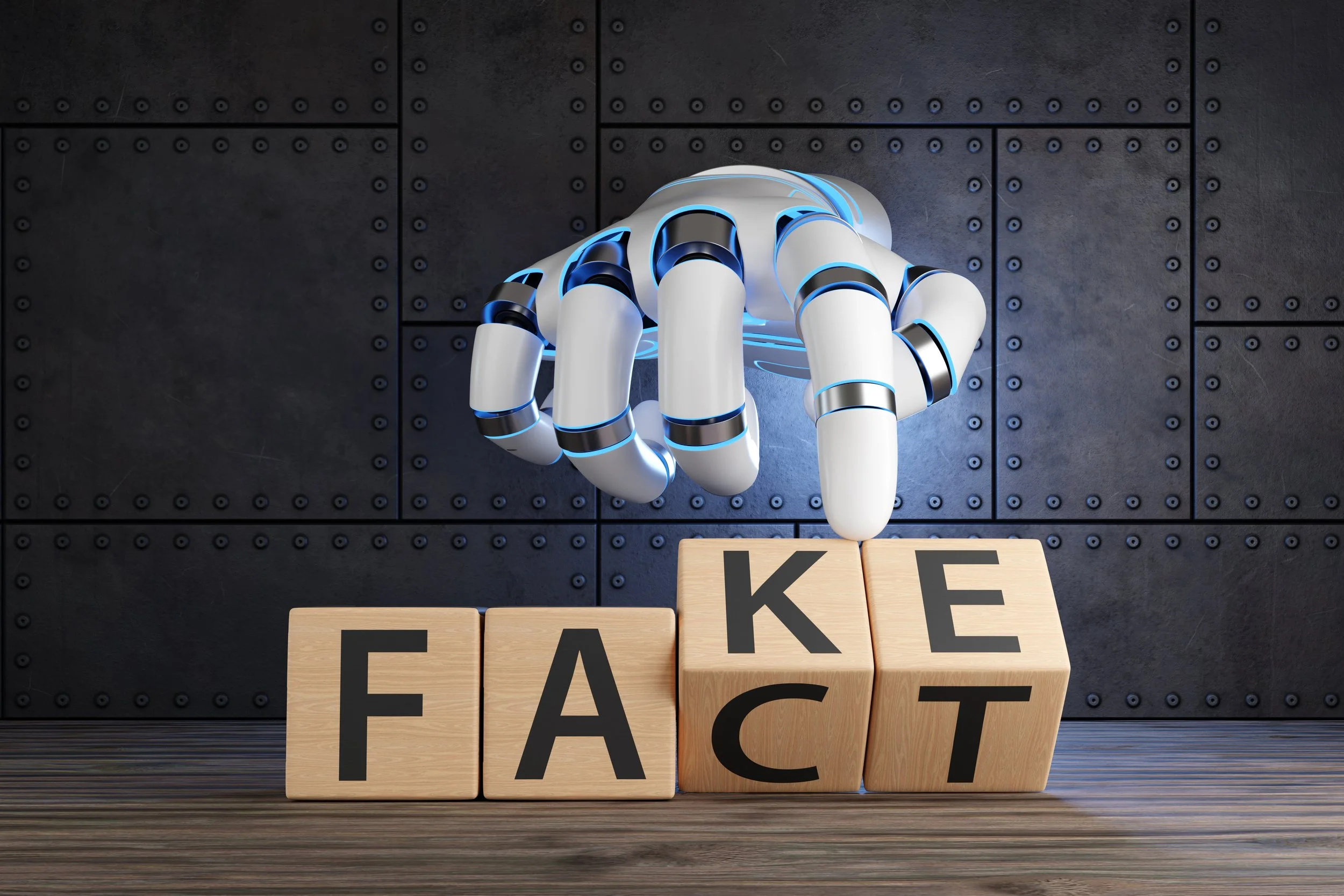MTC: AI in Legal Email - Balancing Innovation and Ethics 💼🤖
/lawyers have an ethical duty when using ai in their work!
The integration of AI into lawyers' email systems presents both exciting opportunities and significant challenges. As legal professionals navigate this technological frontier, we must carefully weigh the benefits against potential ethical pitfalls.
Advantages of AI in Legal Email 📈
AI-powered email tools offer numerous benefits for law firms:
Enhanced efficiency through automation of routine tasks
Improved client service and satisfaction
Assistance in drafting responses and suggesting relevant case law
Flagging important deadlines
Improved accuracy in document review and contract analysis
These capabilities allow lawyers to focus on high-value work, potentially improving outcomes for clients and minimizing liabilities for law firms.
AI Email Assistants 🖥️
Several AI email assistants are available for popular email platforms:
Copilot for Outlook: Enhances email drafting, replying, and management using ChatGPT.
Apple Intelligence in Apple Mail: Generates, translates, and optimizes professional emails.
Gemini 1.5 Pro: Offers email summarization, contextual Q&A, and suggested replies.
Multi-platform:
Mailbutler's Smart Assistant: Works with Apple Mail, Gmail, and Outlook, offering smart compose, smart respond, and task finding features.
Always Proofread Your Work and Confirm Citations!
🚨
Always Proofread Your Work and Confirm Citations! 🚨
Ethical Considerations and Challenges 🚧
Confidentiality and Data Privacy
The use of AI in legal email raises several ethical concerns, primarily regarding the duty of confidentiality outlined in ABA Model Rule 1.6. Lawyers must ensure that AI systems do not compromise client information or inadvertently disclose sensitive data to unauthorized parties.
To address this:
lawyers should always check their work; especially when using AI!
Implement robust data security measures
Understand AI providers' data handling practices
Review and retain copies of AI system privacy policies
Make reasonable efforts to prevent unauthorized disclosure
Competence (ABA Model Rule 1.1)
ABA Model Rule 1.1, particularly Comment 8, emphasizes the need for lawyers to understand the benefits and risks associated with relevant technology. This includes:
Understanding AI capabilities and limitations
Appropriate verification of AI outputs (Check Your Work!)
Staying informed about changes in AI technology
Considering the potential duty to use AI when benefits outweigh risks
The ABA's Formal Opinion 512 further emphasizes the need for lawyers to understand the AI tools they use to maintain competence.
Client Communication
Maintaining the personal touch in client communications is crucial. While AI can streamline processes, it should not replace nuanced, empathetic interactions. Lawyers should:
Disclose AI use to clients
Address any concerns about privacy and security
Consider including AI use disclosure in fee agreements or retention letters
Read your AI-generated/assisted drafts
Striking the Right Balance ⚖️
To ethically integrate AI into legal email systems, firms should:
Implement robust data security measures to protect client confidentiality
Provide comprehensive training on AI tools to ensure competent use
Establish clear policies on when and how AI should be used in client communications
Regularly review and audit AI systems for accuracy and potential biases
Maintain transparency with clients about the use of AI in their matters
Verify that AI tools are not using email content to train or improve their algorithms
Ai is a tool for work - not a replacement for final judgment!
By carefully navigating ⛵️ these considerations, lawyers can harness the power of AI to enhance their practice while upholding their ethical obligations. The key lies in viewing AI as a tool to augment 🤖 human expertise, not replace it.
As the legal profession evolves, embracing AI in email and other systems will likely become essential for remaining competitive. However, this adoption must always be balanced against the core ethical principles that define the practice of law.
And Remember, Always Proofread Your Work and Confirm Citations BEFORE Sending Your E-mail (w Use of AI or Not)!!!




































